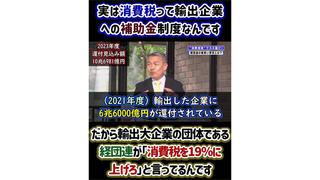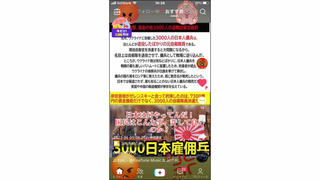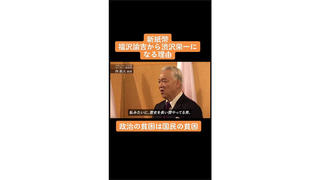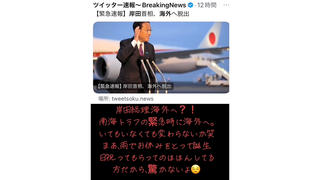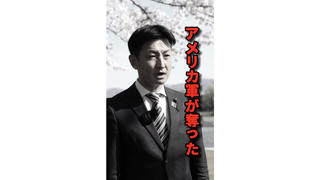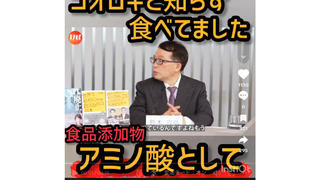
Is it true that Korea was not considered a colony by Imperial Japan because Koreans were granted Japanese citizenship? No, that's not true: Although Koreans were issued Japanese citizenship following Japan's annexation of Korea in 1910, Japanese Imperial rule of Korea starting with the forceful removal of a Korean emperor, a military-supported occupation of the country, a practice of land and asset seizure and control of Korea's economic capacity during the period of Japanese rule until 1945, defined its status as a colonized nation.
The claim appeared in a TikTok video (archived here) published by user @japan19540815 on January 26, 2024. In the video, Japanese political pundit and author Tsuneyasu Takeda (archived here) compared Korea under Imperial Japanese Rule with the British rule of India, saying in comments translated into English from Japanese by Lead Stories staff:
When the British took over India, they made it a protectorate. India's diplomacy was done under the British. If Britain had indeed annexed India, then the Prime Minister of Britain would be Indian by now because the population difference between the two is huge [...] Did Indians ever get British citizenship [during the British Raj]? Indians would've wholly moved British politics had that happened, so of course, they didn't give Indians British citizenship when they made India a British colony [...] Korea is not a colony because when Japan annexed it, it became a part of Japan. Then, all Koreans became Japanese citizens.
This is what the post looked like on TikTok at the time of writing:
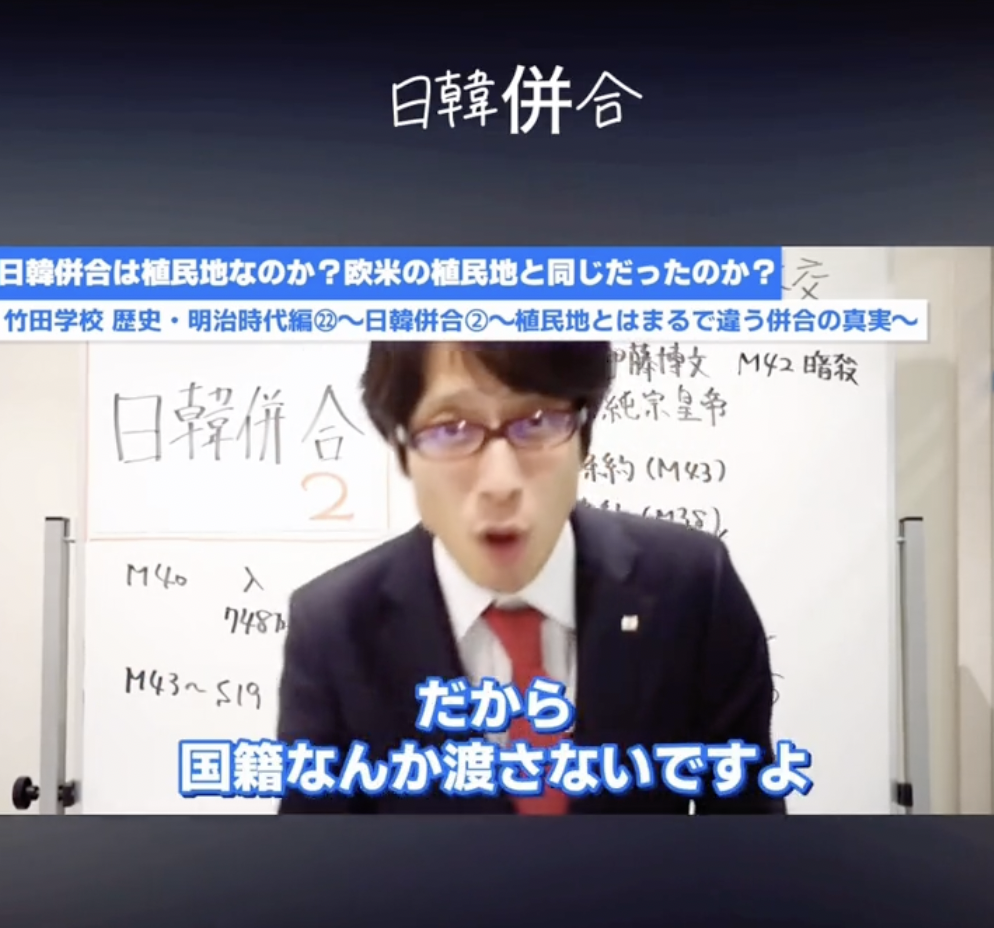
(Source: TikTok screenshot taken on Fri Mar 8 19:45:38 2024 UTC)
Korea was annexed by Imperial Japan in 1910 after it forcefully occupied the country. It did not become part of Japan simply because its land was annexed and its inhabitants were granted Japanese citizenship. The practices of Imperial Japan during its rule until the end of World War II fit the description and principles of colonization. The United Nations Declaration on the Granting of Independence to Colonial Countries and Peoples (archived here) states that colonialism is defined as "the subjection of peoples to alien subjugation, domination, and exploitation." Under Japanese imperialism, Korea matches this description and is thus qualified to be called a colony of Imperial Japan.
The matter of citizenship, granted or forced on Koreans, does not by itself define if the country was colonized, as Takeda claims in the video. While many Koreans under Imperial Japan were automatically granted a form of Japanese citizenship after Korea's annexation in 1910, they never had the same rights as Japanese citizens, and they lost the designation entirely after World War II (archived here). According to Dr. Takashi Fujitani, Professor of Asia-Pacific Studies at the University of Toronto, contacted by Lead Stories by email on March 11, 2024, Koreans, despite being granted citizenship (Kokumin) under Imperial Japan, were not granted full rights. Colonial Korea was governed by a separate set of laws relevant to Korea as a colony, he added.
Koreans under Japanese rule were never treated as full Japanese citizens, and their language, culture, and rights were strictly controlled and replaced with Japanese laws and norms (archived here). Japan seized many of Korea's industries and took control of the peninsula's economic outputs (archived here), as Britain did in the British-controlled Indian colony (archived here), showing that Korea was a Japanese colony under Imperial Japanese rule, much like India was under British rule.
Although the British did not grant their colonial subjects official citizenship, they were still British subjects under the crown (archived here) and thus adhered to British laws and were later called British citizens from 1949 to 1982 (archived here).




